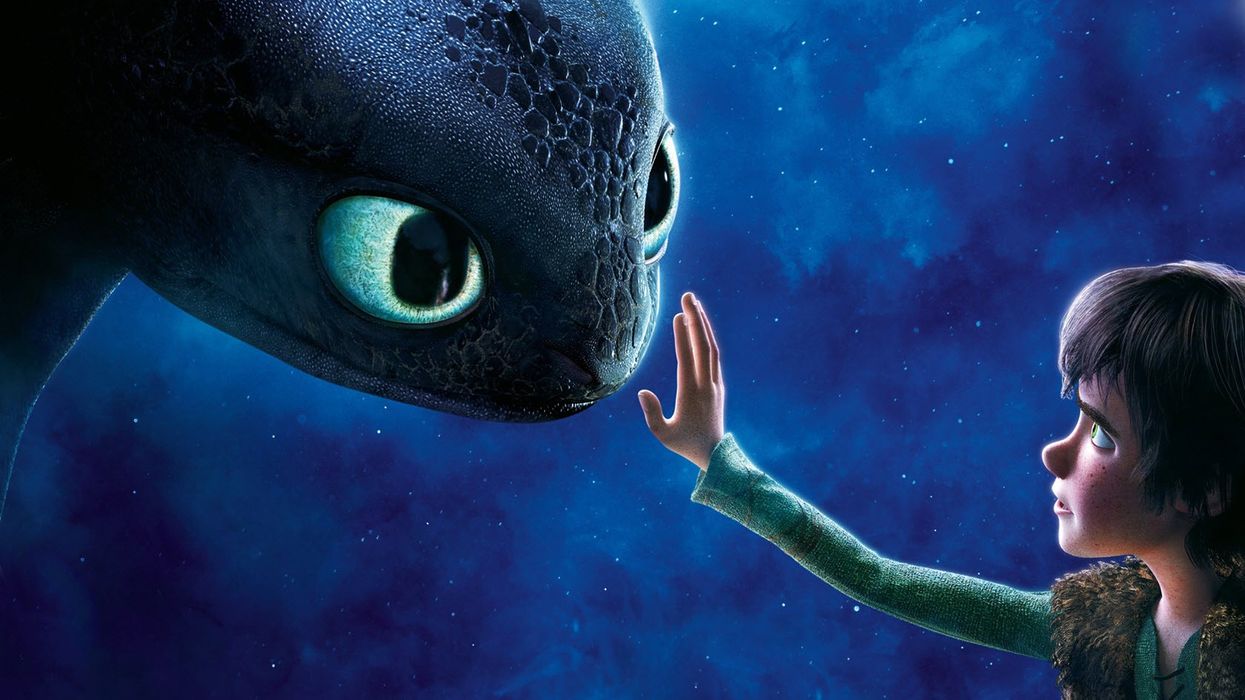3 Ingredients for Great Storytelling from the CEO of DreamWorks Animation
DreamWorks Animation CEO Jeffrey Katzenberg is no stranger to identifying great storytelling.

During Jeffrey Katzenberg's tenure as Chairman of Walt Disney Studios and as the CEO of DreamWorks Animation, we've seen some of the greatest animated films come to the big screen, including The Little Mermaid, Beauty and the Beast, The Lion King, as well as Oscar-winning animated features like Shrek and Wallace and Gromit: The Curse of the Were-Rabbit.
Katzenberg shared some important insight with Fast Company on what it takes to create original, sincere, and courageous stories, mentioning one aspect in particular that almost every storyteller tries to avoid at all costs.
According to Katzenberg, here are the three ingredients for great storytelling:
1. Passion
Katzenberg says "great stories come from great storytellers," and to him, passion is what all great storytellers have in common. This makes sense especially when you consider how formulaic and derivative many stories can be and how easy it is to decide to dial it in. When passion is fueling your creativity rather than an equation that needs each of its variables solved, new ideas arise, and you begin to construct stories that touch audiences and change the way storytelling is approached in the future.
2. Uniqueness and originality
When passion is propelling your creativity, the ideas that are brought forth can be unique and original—and any avid moviegoer will agree that the film industry can do with a little more of those.
Yes, the definitions of uniqueness and originality are hotly debated, and many would say that films we call original are really just old stories reimagined for audiences of their time. But Kirby Ferguson, creator of the hugely popular video series Everything is a Remix, would say that attaining originality is a matter of copying the things that inspire you, transforming them with your own creativity, and combining the elements to make your own work.
3. Failure
This is what it all boils down to. The key ingredient: failure. By creating an environment in which failure is not seen as negative, but rather as inevitable, storytellers can experiment and try new things when crafting stories without fear.
Katzenberg says stories that are unique and original are inherently risky because they push boundaries that have never been pushed before, so allowing yourself to take risks means being okay with the fact that those risks may not pay off.
So the next time you sit down to write your screenplay, be sure to harness the power of your passion and permit yourself to take risks that might leave you with failed ideas. In the end, this will help lead you to new and exciting stories.
Source: Fast Company


 'The Hunger Games'
'The Hunger Games'











